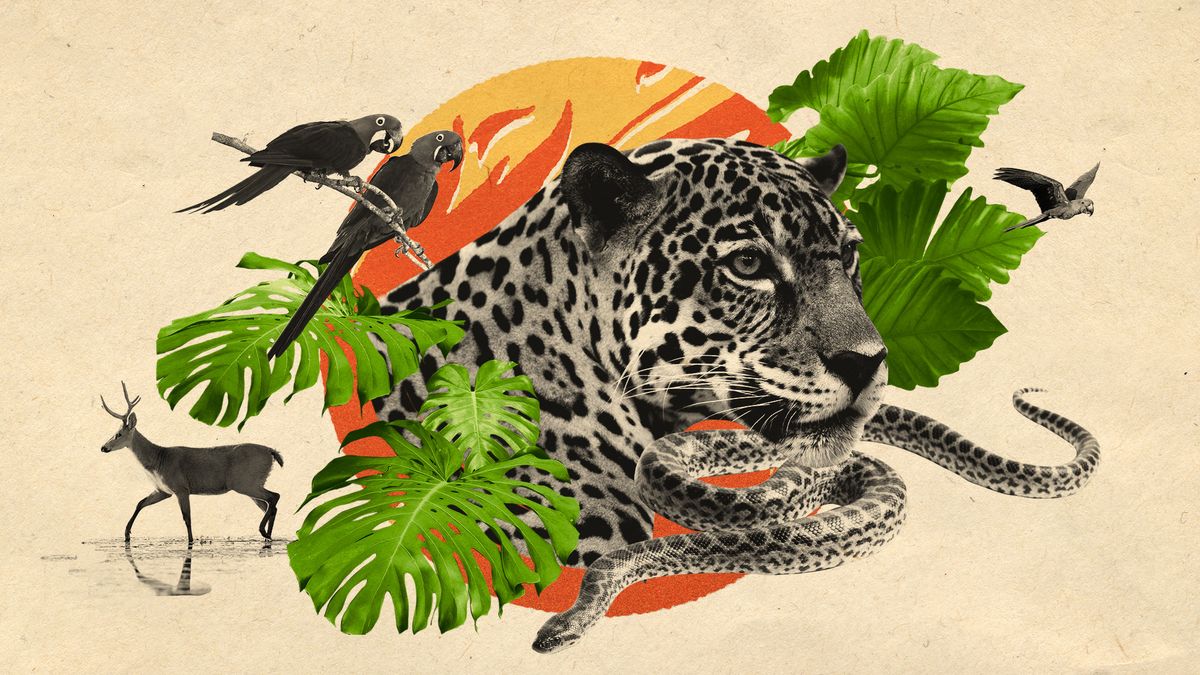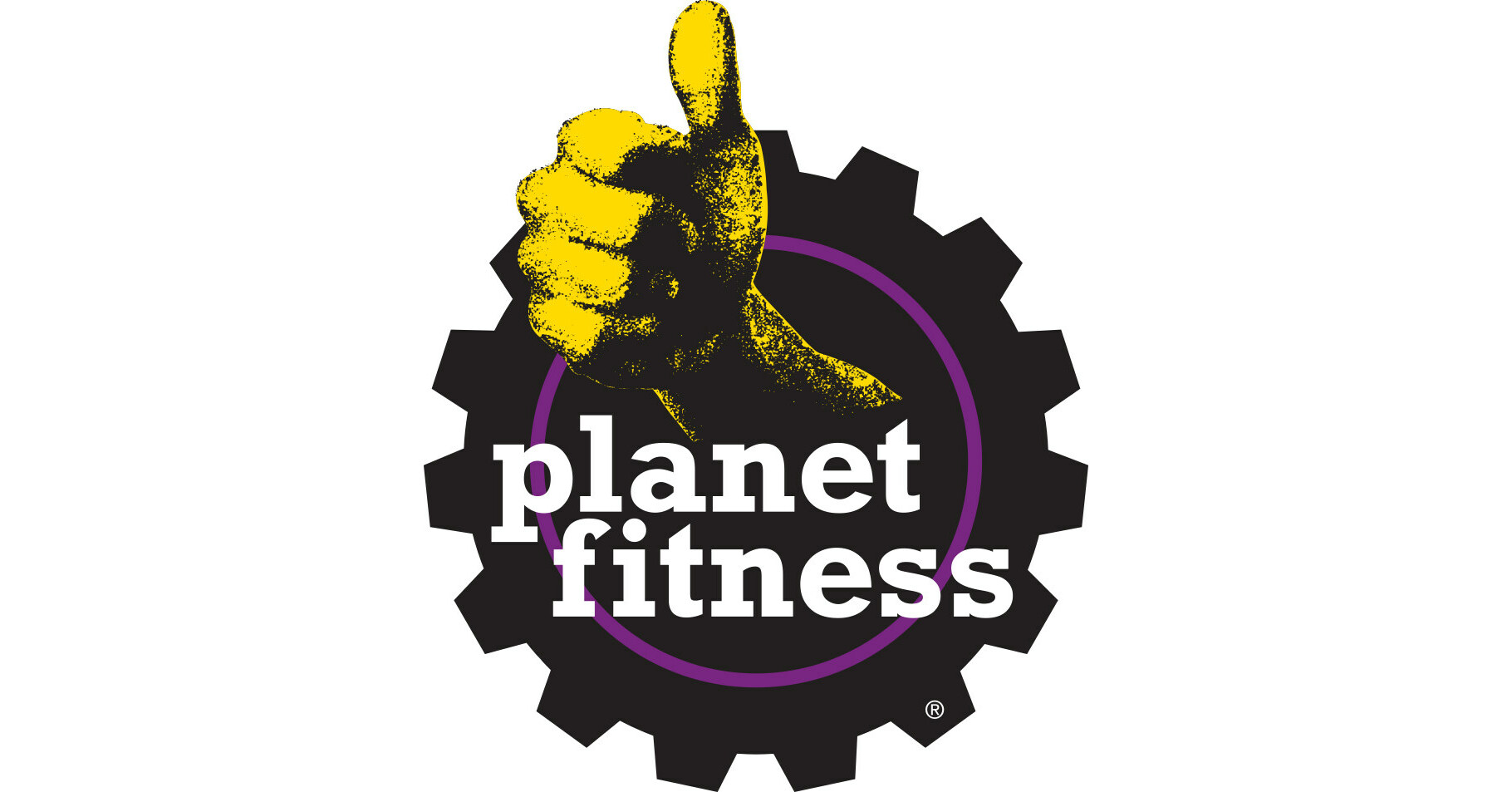The world’s largest tropical wetland is under threat, with scientists warning that devastating wildfires and a proposed commercial waterway could spell the “end of an entire biome”.
The Pantanal, which sprawls across Brazil into Bolivia and Paraguay, is bigger than England at more than 42 million acres. It’s one of the world’s most biologically rich environments and “a real paradise on Earth”, according to ecologist Karl M Wantzen of the University of Tours, and the Unesco chair for river culture.
“Nowhere else will you see so many hyacinth macaws, jaguars, swamp deer, anacondas, caymans, more than 300 fish species, 500 bird species, 2,500 species of water plants,” he told The Guardian. “All of that is at risk.”
Subscribe to The Week
Escape your echo chamber. Get the facts behind the news, plus analysis from multiple perspectives.
SUBSCRIBE & SAVE
Sign up for The Week’s Free Newsletters
From our morning news briefing to a weekly Good News Newsletter, get the best of The Week delivered directly to your inbox.
From our morning news briefing to a weekly Good News Newsletter, get the best of The Week delivered directly to your inbox.
Record wildfires: ’cause for alarm’
The Pantanal is “more intact and pristine” than most other wetlands in the world, said World Wildlife. It comprises about 3% of all the wetlands on Earth – but less than 5% of it is protected. Most of the land is privately owned, mostly for cattle grazing.
This year, the Pantanal has been ravaged by record wildfires. More than 1.3 million hectares are believed to have burned – nearly half the size of Belgium. Climate experts say wildfire season started a month earlier than usual and was “more intense”, thanks to high winds, heat and low rainfall, according to the BBC.
In June alone, 1,434 fires were recorded during the first 18 days of the month – much higher than in June 2020, a year of catastrophic fires during which nearly a third of the Pantanal burned. That’s a 980% year-on-year increase, according to data from Brazil’s National Institute for Space Research (INPE).
And it’s “cause for alarm”, said the Copernicus Atmosphere Monitoring Service, because wildfire season in Brazil typically “peaks” in August and September.
This year also saw the hottest, driest and windiest June on record, according to a study published this week by the World Weather Attribution service.
Human-caused climate change made the conditions that drove the blazes about 40% more intense and four to five times more likely, the analysis found. The Pantanal has also lost about 80% of its surface water since 1985, more than any other Brazilian biome.
Waterway could spell ‘end of the Pantanal as we know it’
The growth of industrial soya bean farming has driven demand for a waterway, to transport goods from production areas in central South America to seaports in Uruguay and Argentina, said The Guardian.
To meet that demand, the Brazilian government is planning to develop nearly 500 miles of the Paraguay River into the Hidrovia Paraguay-Paraná (HPP) waterway.
The proposed development, as well as the expansion of industrial farming and the ongoing climate crisis, represent an “existential threat to the ecosystem”, a cohort of 40 scientists warned in a paper published in the journal Science of the Total Environment.
The dredging necessary to make the river navigable by barge would further reduce the floodplain, which would increase the risk of fires. “If the hidrovia project goes ahead, navigation of large train barges in the Pantanal, with dredging in critical reaches of the Paraguay River, will probably mean the end of the Pantanal as we know it,” said Pierre Girard, one of the study scientists, from the Federal University of Mato Grosso and Pantanal Research Center.
Dredging would cause “severe degradation of the globally outstanding biological and cultural diversity”, said the paper, and threaten the livelihoods of the roughly three million indigenous people who live in and depend on the wetlands.
“I really want the world to know what’s happening,” said Wantzen, the paper’s lead author. “I wanted to gather people to spell out what the current situation is. It would be a senseless tragedy.”









